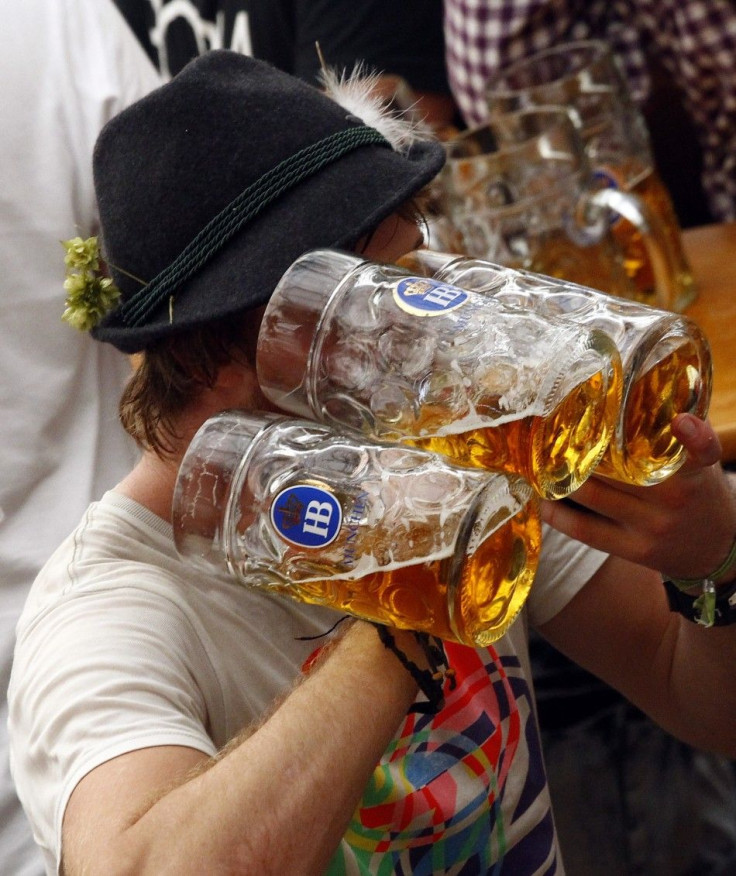Why Do Dry January? All The Benefits From Weight Loss To Improved Sleep
Alcohol use during the pandemic saw a rise as social restrictions left many people turning to vices as a coping mechanism. However, it’s dry January, and at least one study finds abstinence may have more benefits than you think.
Analysis from the Center of Alcohol & Substance Use Studies at Rutgers looked at a 2013 survey from British magazine New Scientist that found a small number of heavier drinkers, those consuming as many as 63 12 oz. beers a week, saw health benefits from abstaining for a month.
“At the conclusion of the month, employees (who took part in the study) saw both their liver fat and blood glucose levels – key factors in determining the likelihood of liver damage and diabetes, respectively – drop by about 15% each,” the researchers noted.
A 2015 study published in the journal Health Psychology, meanwhile, suggested those going dry for January may be less likely to drink to excess throughout the year. But while the health benefits are “impressive,” the study found those effects could be reversed if people return to their previous level of drinking later in the year.
The tradition began in ice-bucket-challenge fashion when the non-profit Alcohol Change UK called for the first dry January in 2013. The group suggests 86% of those taking part saved money, 70% reported better sleep, 66% said they had more energy and 65% felt their health had generally improved by not drinking for a month.
Abstinence is not without risk, however. Moderate drinkers, those who drink one or two drinks daily, might not notice anything from a dry January, but heavier drinkers, particularly those susceptible to seizures, might want to consult a health care professional before going cold turkey for a month.
That’s the advice from George F. Koob, the director of the National Institute on Alcohol Abuse and Alcoholism.
“The biggest benefit is learning where your body is in relation to alcohol and what you want your relationship with it to be,” he told Self magazine in 2018.
The Rutgers Center steered people to websites like BetterWithoutBooze to find substitutes for their favorite alcoholic cocktails. For those looking for control rather than complete abstinence, the center suggested that going slow with more potent beverages could be better for a month than beer or sugary cocktails.
“It is easy to get caught up in the belief that if you want to change a problematic behavior, you have to be ready to make a permanent change,” said Josh King with the Center for Motivation and Change. “The evidence though shows that even taking a short period of time to try out change can have some significant benefits for you, in both the short term and in the long term.”
The Journal of the American Medical Association reported early on in the pandemic that alcohol sales spiked as early as March. As stay-at-home orders were introduced across the country, the study found online sales of alcohol that month were 262% higher than the prior year.
The World Health Organization weeks later warned that people who are susceptible to drug and alcohol abuse are at particular risk of overuse when in self-isolation. On the pandemic, WHO warned that alcohol can compromise the immune system, limiting their innate ability to combat COVID-19.

© Copyright IBTimes 2025. All rights reserved.





















